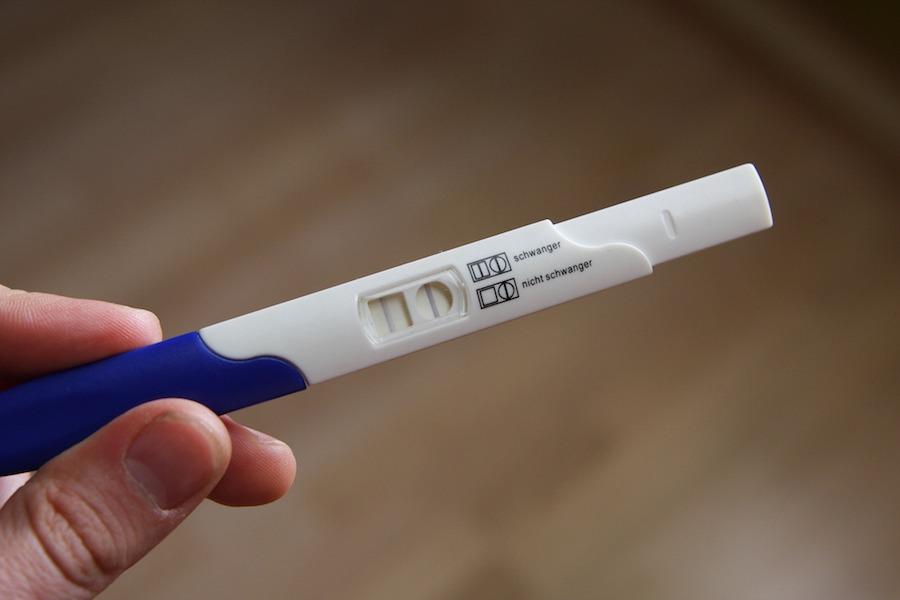If you’ve taken a home pregnancy test and it’s positive, you should call and schedule your confirmation appointment. Approximately eight weeks after your last menstrual cycle, you will be scheduled for a doctor’s appointment. At this visit you will receive an ultrasound that will confirm a living pregnancy and provide you with an estimated due date. An ultrasound is a noninvasive prenatal test done by a medical professional, either vaginally or abdominally, using a wand called a transducer.
The ultrasound works by sending high-frequency sound waves that produce images of what’s inside of you, including your growing baby. These images are typically black and white. Your estimated due date, or EDD, is calculated based on the first day of your last menstrual cycle if known or based on the size of the fetus at this early ultrasound. Your earliest assigned EDD is the most accurate and will not change.
During this visit you will have the chance to review your diet, medications and receive genetic testing options for your pregnancy. You may also choose to undergo a simple blood test that detects and analyzes your baby’s chromosomes in your bloodstream. This can provide highly accurate information regarding your risk for chromosomal abnormality including trisomy 21 (Down’s Syndrome), trisomy 18 and 13-affected pregnancy, and gender if you so desire. These tests can be done as early as 10 weeks and it can take up to 14 days for the results to return to your doctor’s office. You will typically receive the information before your first prenatal visit.
A flu vaccine is also recommended during flu season at this time. If you have not been taking prenatal vitamins and supplements, this is a good time to begin.
